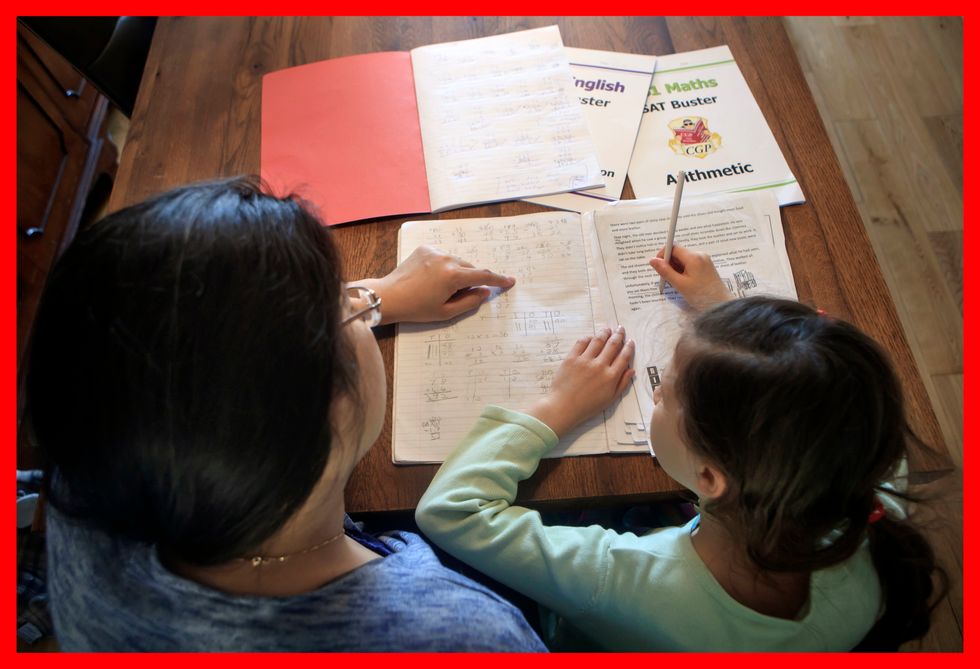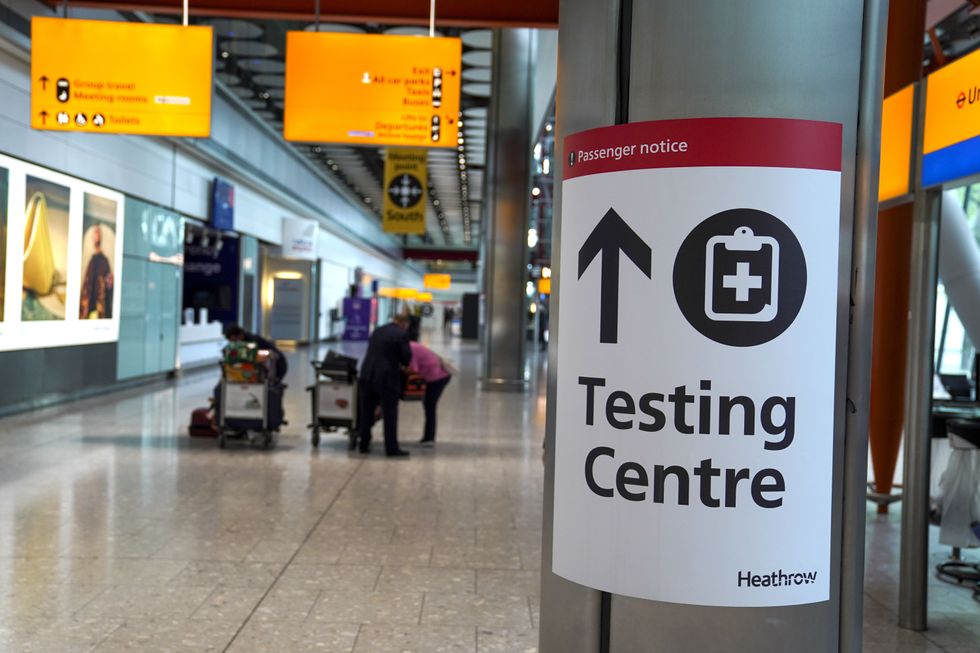Covid lockdowns could be cause of mystery hepatitis outbreak in children
Child immunity being weakened by years of living in lockdown has been named as a possible cause of the rise in hepatitis infections
Don't Miss
Most Read
Latest
The number of investigated cases of hepatitis among children under 10 has risen to 111 up to April 20, health officials have confirmed.
Most of the cases of liver inflammation were in children under five, though a small number of cases in children over 11 are also being examined, the UK Health Security Agency (UKHSA) said.
Of the confirmed cases, 81 live in England, 14 are in Scotland, 11 are in Wales and five are in Northern Ireland.
The cases are predominantly in children under five who showed initial symptoms of diarrhoea and nausea followed by jaundice.
The number of children who have required a liver transplant has risen to 10 in the UK. There have been no deaths, the UKHSA added.
Children being homeschooled
Danny Lawson
The cases have not been caused by the usual viruses that cause hepatitis A – E and data gathered has “increasingly” suggested that the rise in severe cases of hepatitis may be linked to a group of viruses called adenoviruses, the agency said.
Of 53 cases tested, 40 (75%) showed that adenovirus was the most common pathogen detected.
A total of 16% of cases, meanwhile, were positive for Covid-19, which was not unexpected due to the high rates of the virus during January to April this year.
The agency said there is no link to the coronavirus vaccine as none of the currently confirmed cases in under 10s in the UK are known to have been vaccinated.
Routine NHS and laboratory data show that common viruses circulating in children are currently higher than in previous years and there is a marked increase of adenovirus, particular in the one to four age group, it added. Further work is underway to investigate the link between adenovirus and these cases.
Adenovirus is a family of common viruses that usually cause a range of mild illnesses – including colds, vomiting and diarrhoea – and most people recover without complications.
While they do not typically cause hepatitis, it is a known rare complication of the virus.
A sign directs passengers to a testing centre
Steve Parsons
Adenoviruses are commonly passed from person to person and by touching contaminated surfaces, as well as through the “respiratory route”.
It is understood that a number of hypotheses are being considered as to why there have been cases of a more severe infection of adenovirus, leading to the rise in hepatitis.
They include children being more susceptible to the virus as a result of a lack of exposure to it during the pandemic, a prior infection to Covid or another illness, a co-infection with Covid or another illness and toxin, drug or environmental exposure.
Other factors include a novel variant of adenovirus along with, or without, one of the previous cofactors.
Dr Meera Chand, director of clinical and emerging infections at UKHSA, said: “Information gathered through our investigations increasingly suggests that this rise in sudden onset hepatitis in children is linked to adenovirus infection. However, we are thoroughly investigating other potential causes.
“Parents and guardians should be alert to the signs of hepatitis, including jaundice, and to contact a healthcare professional if they are concerned. Normal hygiene measures such as thorough hand washing, including supervising children, and good thorough respiratory hygiene help to reduce the spread of many common infections, including adenovirus.
“Children experiencing symptoms of a gastrointestinal infection including vomiting and diarrhoea should stay at home and not return to school or nursery until 48 hours after the symptoms have stopped.”
According to the World Health Organisation (WHO), as of April 21, 169 cases of acute hepatitis of unknown origin have been reported from 11 countries in Europe and America, while one person has died.
The global cases involve people aged one month to 16 years old and 17 children (approximately 10%) have required liver transplants.













